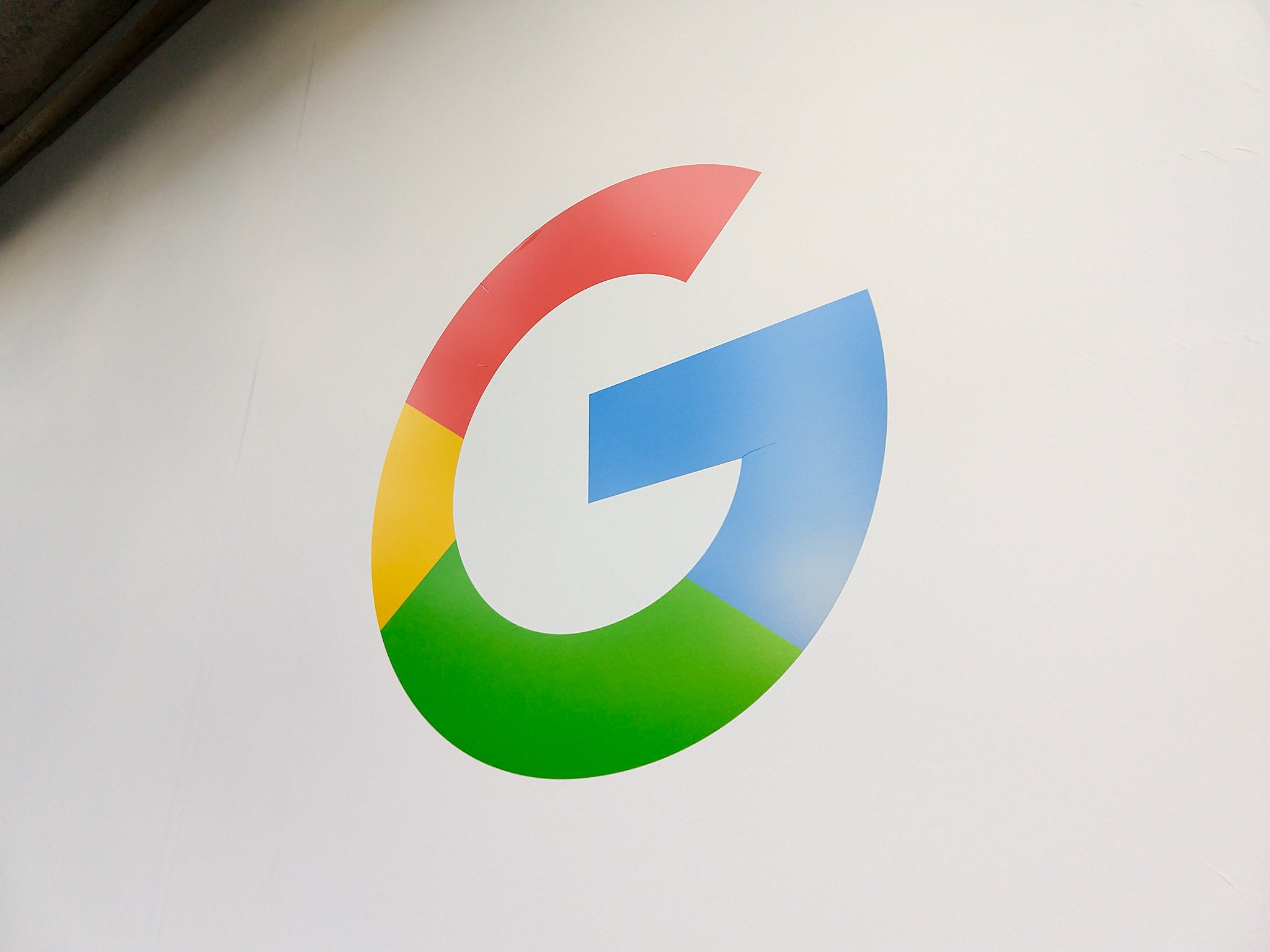Google clears a major regulatory hurdle.
What you need to know
- The UK's Competition and Markets Authority (CMA) has accepted Google's Privacy Sandbox commitments.
- The CMA opened its investigation into the proposal in early 2021.
- Google will consult with the CMA on a regular basis to ensure it's compliant.
Following an investigation by the UK's Competition and Markets Authority (CMA), Google has announced on Friday that the regulatory body has approved its controversial Privacy Sandbox commitments.
The approval will ensure that Google's work into Privacy Sandbox will remain fair and not harm competition. Google says that its proposal to replace third-party cookies "will apply in the same way to Google's advertising products as to products from other companies."
Additionally, Google will work with the CMA and Information Commissioner's Office (ICO) for regulatory oversight and input as it develops the initiative to ensure that it's compliant and will wait to implement any changes until the CMA clears it of any regulatory concerns.
"Our intervention in this case demonstrates our commitment to protecting competition in digital markets and our global role in shaping the behaviour of world-leading tech firms," the CMA's chief executive, Andrea Coscelli, said in a statement. "The commitments we have obtained from Google will promote competition, help to protect the ability of online publishers to raise money through advertising and safeguard users' privacy."
Coscelli says that the CMA will continue to keep a close eye on Google to ensure that its work remains fair to other market participants.
Recently, Google dropped its controversial FLoC proposal after it was widely rejected due to potential privacy risks, and instead introduced its latest initiative, Topics. In a nutshell, the Topics API will keep a list of things you like, or "topics," on your browser so advertisers will know which ads would serve you best. Our Jerry Hildenbrand goes a bit deeper into the Topics API but says the jury is still out on whether it's a viable replacement for third-party cookies.
That said, now that the CMA has accepted the terms, that rids Google of a significant regulatory hurdle, and the company can get back on track towards getting rid of third-party cookies by the end of 2023.
Source: androidcentral
